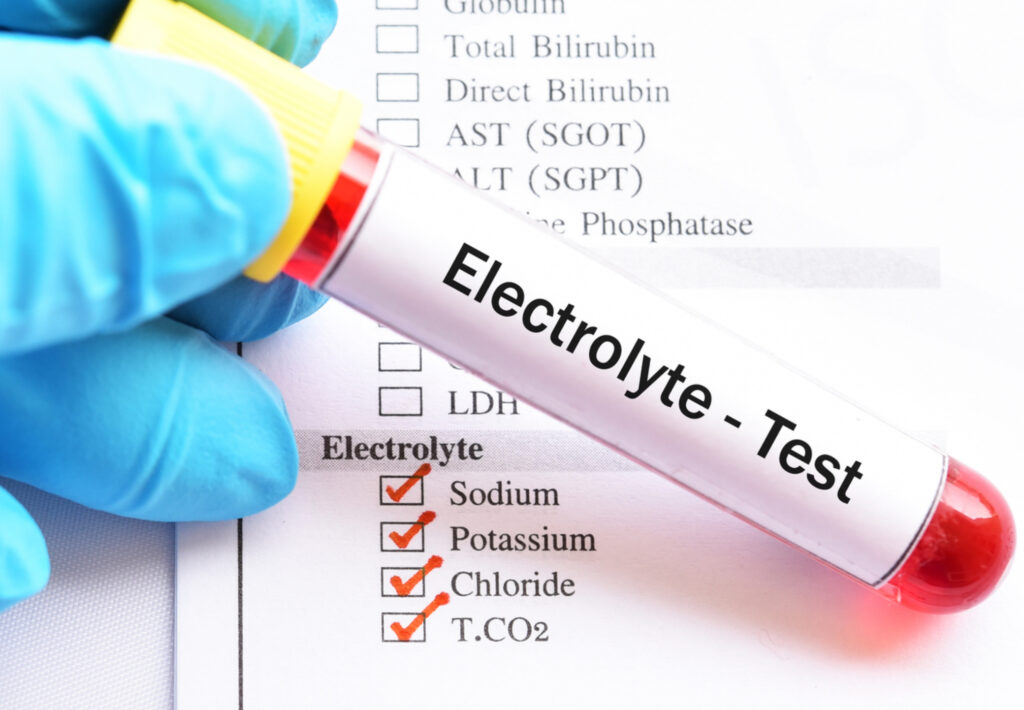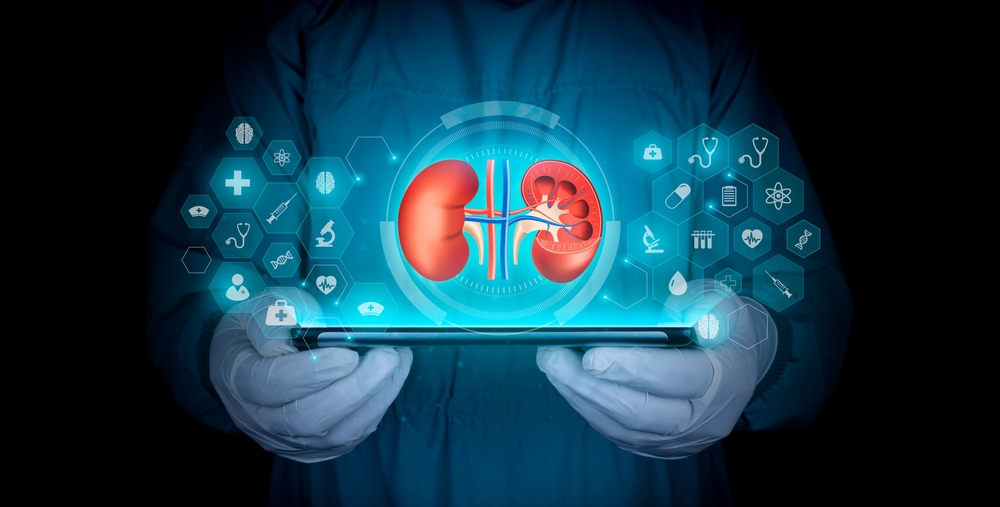Electrolytes, like sodium, potassium, calcium, and magnesium, are minerals that help your body regulate nerves, muscles, hydration, and pH balance. When these levels get too high or too low, you can develop an electrolyte imbalance.
Common Causes
- Dehydration from illness, sweating, or not drinking enough water
- Kidney problems
- Certain medications (like diuretics)
- Severe vomiting or diarrhea
- Poor diet or malnutrition
Possible Symptoms
- Muscle cramps or weakness
- Fatigue
- Irregular heartbeat
- Headaches
- Nausea
- Confusion
- Seizures in severe cases
Treatment
Mild imbalances may be fixed with fluids, dietary changes, or supplements. More serious cases might need IV fluids, medications, or treatment for an underlying condition.
Prevention Tips
- Stay hydrated
- Eat a balanced diet
- Monitor your health if you have kidney disease, diabetes, or heart problems
- Be cautious with supplements; too much can be just as harmful as too little
When to Get Help
Call your doctor right away if you notice severe weakness, irregular heartbeat, confusion, or seizures.
Final Thoughts
Keeping electrolytes balanced is essential for your health; small changes in lifestyle and hydration can make a big difference.
Stay informed and take control of your kidney health!




